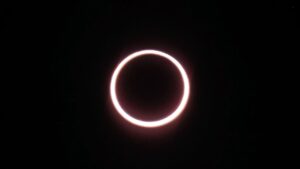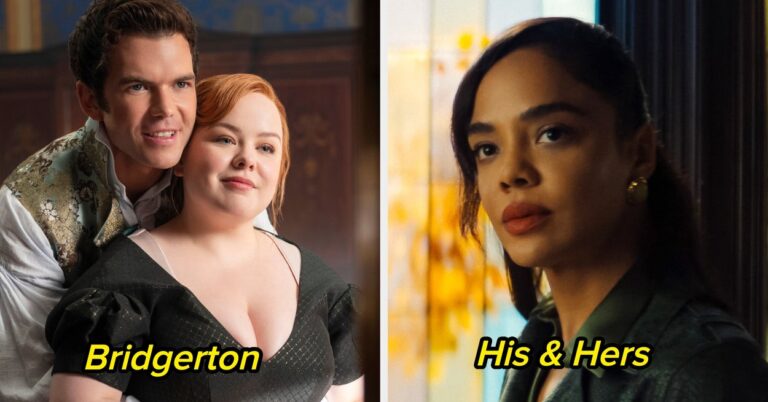Anime worlds often feel like a kaleidoscope of vibrant influences swirling in harmony, much like a modern choreography infused with mythical swordplay. Hasoda Mamoru’s Scarlet is poised to be just that: a dazzling tapestry where East meets West in fantastical union. Cushioned by Sony, which also backs the smash hit K-Pop Demon Hunter, this new anime journey hints at a pattern that Sony might be making its own.
When East meets West in a high-stakes duel of culture and creativity, the result is anything but your usual anime rerun.
Hosoda Mamoru makes East and West dance a duet in the anime reinventive Scarlet
ADVERTISEMENT
Article continues below this ad
At the heart of Scarlet lies an innovative culture blend that mirrors the winning formula Sony first found with KPop Demon Hunters. Only, where the latter thrives on a Western studio’s creative embrace of Eastern pop culture, Scarlet fuses Mamoru Hosoda’s legendary anime craft with Western storytelling influences and digital artistry. Co-produced by Sony, Studio Chizu, and Nippon TV, the film showcases how East and West can coalesce in animation—melding folk revenge tales, Shakespearean undertones, and epic fantasy with anime’s expressive soul to forge a hybrid appeal.
Sony’s prowess in recognizing culturally hybrid hits is evident, albeit not very confident. KPop Demon Hunters, a Western-made animation drenched in Asian culture, became a global sensation by bridging boundaries. Scarlet adopts this blueprint through its narrative of a medieval princess journeying through realms of life and death. The digital-enhanced, visually rich production deliberately defies traditional anime norms, offering a refreshed aesthetic that nods respectfully to both Japanese and Western animation legacies.
Sony and Hosoda are playing a masterful remix, spinning East and West into a chart-topping cultural symphony.
Hosoda Mamoru blend’s Sony remix version: A global symphony
Mamoru Hosoda’s long-term vision reflects the animation industry’s shifting landscape, wherein streaming and international festivals cultivate an audience eager for stories that transcend cultural silos. His approach to Scarlet—infusing Western fairy tale motifs and Disney princess archetypes alongside a deeply Japanese sense of family and time—echoes perhaps Sony’s larger strategy: to champion projects that fuse distinct cultural elements. This cross-pollination creates both thematic depth and wide accessibility, crafting narratives that speak to a truly international fanbase.
ADVERTISEMENT
Article continues below this ad
Ultimately, Scarlet stands as a vibrant testament to Sony’s mirrored success blueprint. Backing both KPop Demon Hunters and this Studio Chizu feature reveals an insightful bet on culture-blending stories. Mamoru Hosoda’s adventurous artistic exploration and Sony’s strategic partnership offer a compelling lesson in global storytelling: combining Eastern and Western creative forces can produce not just films, but cultural phenomena that captivate worldwide audiences.
ADVERTISEMENT
Article continues below this ad
What do you think of this blending of cultures as Hosoda Momura and Sony’s boost to Scarlet? Let us know in the comments below.









